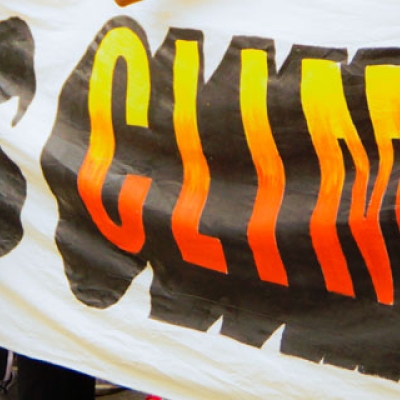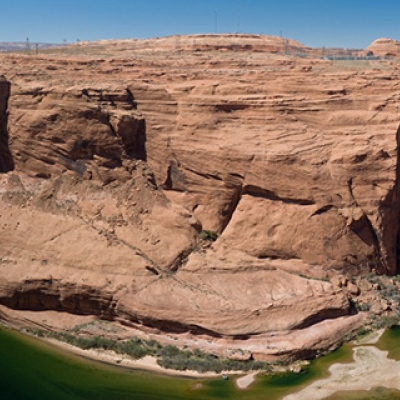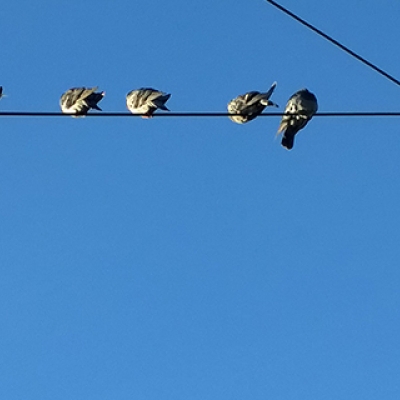
Nature's Economy and Climate Change
By Cristina Eisenberg / On July 2nd, 2013
On June 25, 2013, President Obama gave what may be his most important speech thus far. In it, he acknowledged the impacts of climate change on our society. These impacts include heightened atmospheric carbon pollution due to fossil fuel consumption, melting Arctic and Antarctic ice, temperature and sea level rise, and increased severe climatic events. Our president expounded on the high economic costs of climate change and our need to work as a nation and global power to be part of the solution.




